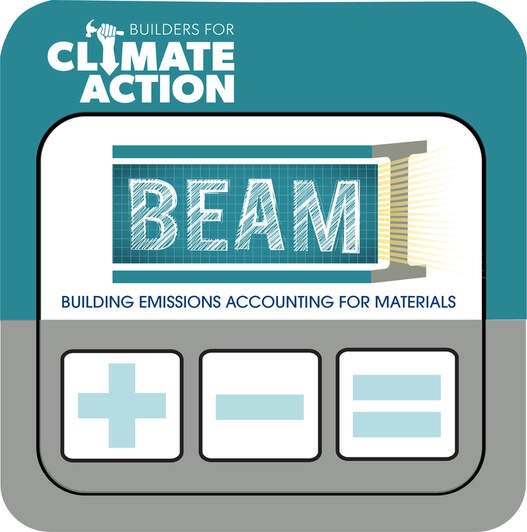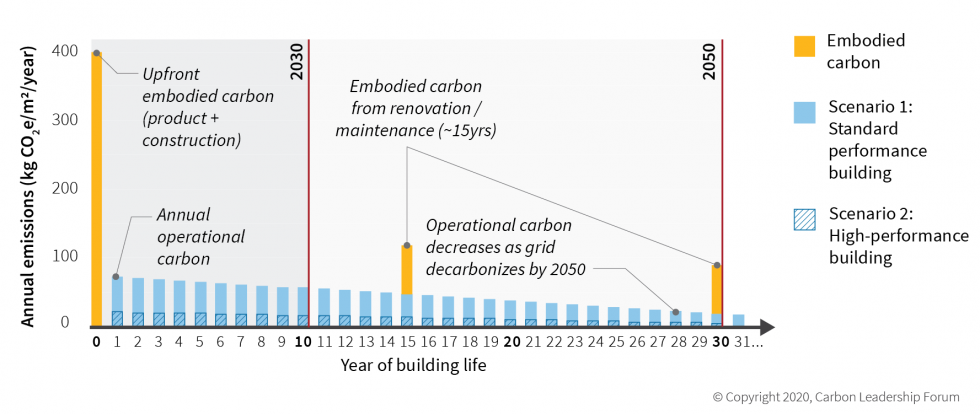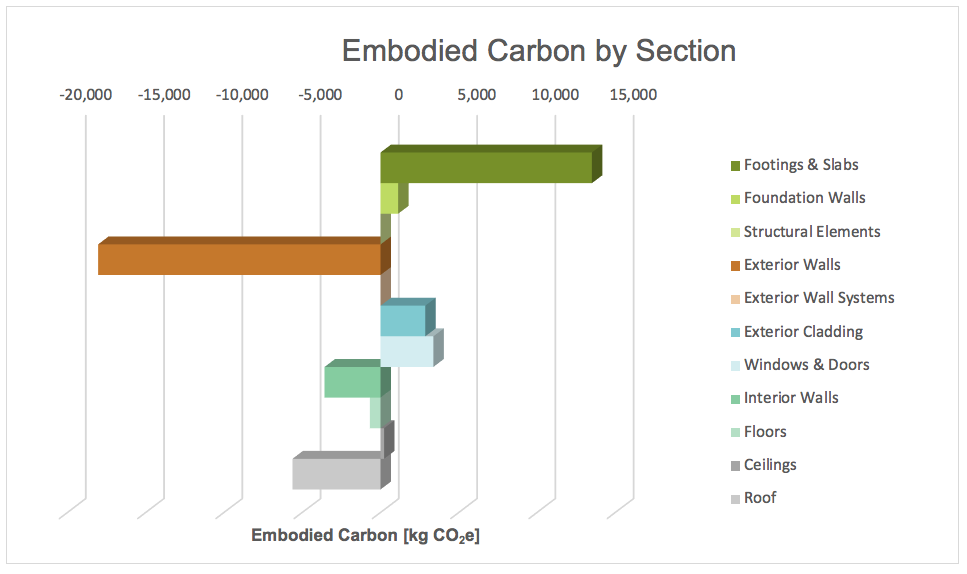Carbon Footprint Estimator Will Include Hemp Building Materials
The BEAM carbon calculator, developed by Builders for Climate Action will be released this spring.
By Jean Lotus
A long-awaited digital carbon footprint calculator for building materials will include international specs for hempcrete and other hemp building materials, allowing builders to immediately compare the environmental benefits of building with hemp.
The BEAM Estimator tool to be released in the next few weeks by Builders for Climate Action helps builders, developers and designers choose building materials based on the amount of fossil fuels used and ozone-destroying VOCs generated during manufacture. The Building Emissions Accounting for Materials (BEAM) caluclator has been beta tested by architects, builders and developers over the past few years.
Subscribe to HempBuild Magazine’s free newsletter
Designers can plug in demensions of a building, including door and window measurements and then check boxes of materials each assembly in the structure can be made of. Users can also save and compare various scenarios. The data on carbon impact of materials is determined using third-party environmental product declarations.
Hempcrete and other hemp building materials are included in the mix, using third-party tested EPDs, so builders can quickly see exactly how hemp can made a building more environmentally friendly. Hemp statistics have been compiled from European agencies, where hemp has been certified as a building materials or more than 30 years.
Chris Magwood, co-founder of Builders fo Climate Action also runs the Endeavour Centre natural building school in Petersbourough, Ontario. In 2016, Magwood authored one of the first and most influential books about building with hempcrete, Essential Hempcrete Construction: The Complete Step-By-Step Guide.
Magwood was among the green builders from Carbon Leadership Forum tapped by Microsoft last year to suggest green building materials for the tech-giant’s new data centers. Hempcrete and hemp fiber batt insulation were two green building choices the group recommended.
“it was exciting to be a part of Microsoft kind of sticking their toe in the water,” Magwood told HempBuild Mag. “For the last 25 years, alternative materials have been this really grassroots thing, so it’s really interesting to see Microsoft make these really bold climate commitments they now have to figure out,” he added.
Measuring embodied carbon
The BEAM calculator is meant to change the conversation from measuring the carbon footprint of buildings based on energy savings to measuring the amount of so-called “embodied carbon” used to construct the building in the first place.
Research from the Carbon Leadership Forum shows that some common building materials, such as concrete or mineral wool insulation, are manufactured or installed with such toxic processes that no matter how much “operational carbon” they fail to emit, the numbers are overwhelmed by the upfront embodied carbon. Furthermore, more embodied carbon is added to the building’s footprint when it is renovated, or torn down, when materials are dumped in a landfill.
Mineral wool and fiberglass insulation contribute more than 30 percent of the stratospheric ozone depletion, the worst environmental culprit, in the “pre-construction phase” of single-family homes, the Environmental Protection Agency has reported.
Click here to go to our FREE online community.
“It is possible to build homes with near-zero carbon footprint today and intentionally create homes that provide net carbon storage in the near future,” simply by choosing and using the right building materials to start off with, Magwood and co-authors of a report on Canadian housing choices wrote.
Fast-growing industrial hemp is a superstar of carbon sequestration, capturing about 5 metric tons of carbon per acre during photosynthesis. When incorpoarted into building materials, such as hempcrete, the plant helps become a carbon capture system for building materials. And, unlike trees, a new crop can be grown every year. Hempcrete or hemp fiber insulation batts can create carbon-negative buildings. And at the end of the building’s use, hemp materials can biodegrade and break down naturally instead of cluttering landfills.
The BEAM estimator will add another tool for builders to use when calculating the most climate effective materials. Others include Carbon Leadership Forum’s EC3 Tool and the Living Future Institute’s Declare labeling program (also both free).
Developers, builders and architects are beta-testing the BEAM calculator to design carbon sequestering houses.
“It’s fascinating to discover what the biggest emitters as well as the biggest storage opportunities are,” beta-tester David Arkin, AIA of California-based Arkin Tilt Architects, told the BCA team. “The BEAM Calculator is the right-sized tool for most small to mid-scale projects, which are the majority of those built,” he added.
Sample building project carbon emission results from the BEAM calculator. Courtesy Builders for Climate Action
“Our team has been working to transform the built environment from a source of greehouse gas emissions into a potential site of carbon storage,” Magwood said in an email. “We want this tool in the hands of every designer and builder of low-rise buildings because we don’t have any time to waste in getting our emissions down to zero.”
Builders for Climate Action is offering the tool for free, but asks for donations HERE to defray some of production costs.
Jean Lotus is publisher of HempBuild Magazine and the Hemp Building Directory 2022.
Please Support Our Classified Advertisers
(To find out more about advertising CLICK HERE).
Help Wanted:
Training and Education
Online Hempcrete Masterclass from Endeavour Centre
Publications
Hemp Building Directory 2022 - Guide to the International Hemp Building Industry
Available Now! “Hemp Buildings - 50 International Case Studies” by Steve Allin
Hemp Hurd (shivs)/Hemp Fiber/ Hemp Microfiber
Hempcrete installers/Insulation subcontractors
Lime Binder
Hemp Batt Insulation/Supplies
Green Builders
Hemp Building Engineers
Hemp Genetics
Professional Associations
Events





